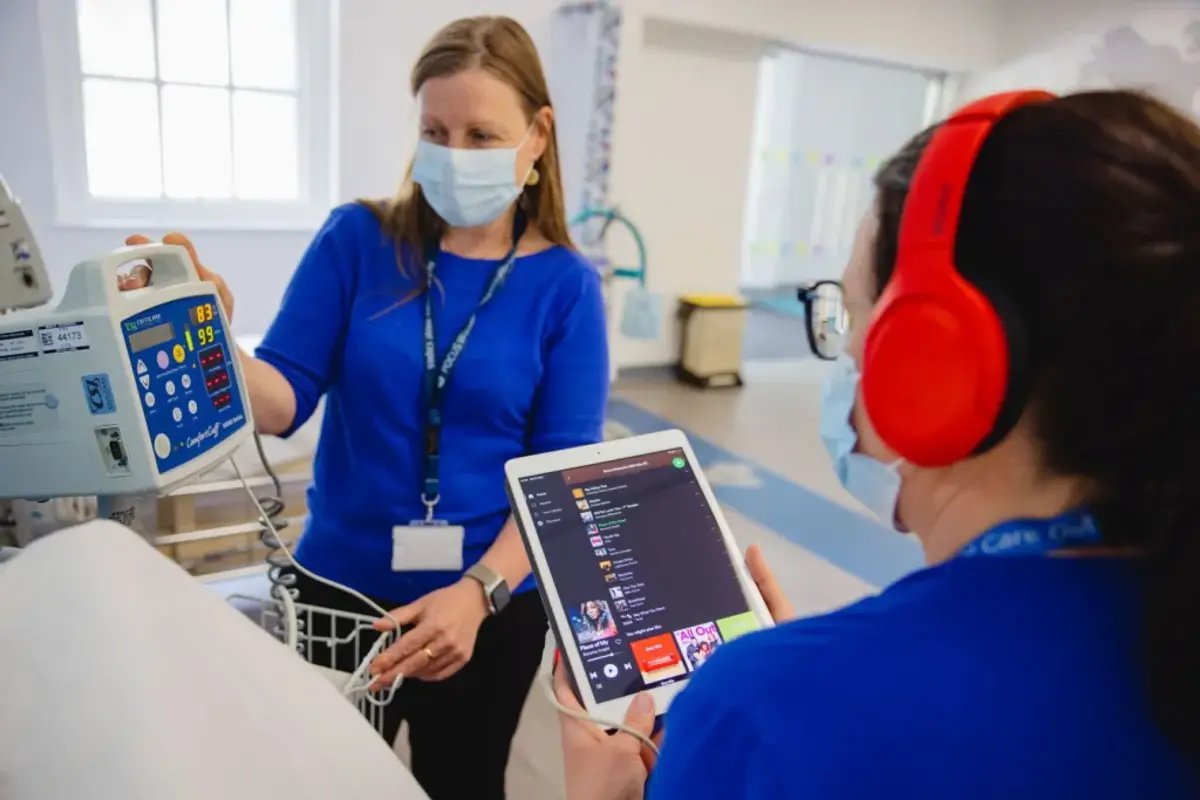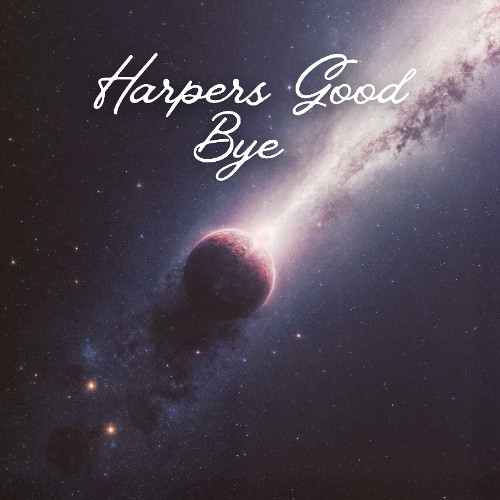There’s good cause to consider the rising discipline of music remedy is a multi-billion greenback business in-waiting.
Because the staff at MediMusic notes, music has constantly proven promise in its naturally therapeutic potential. Prior research on music publicity has proven the artwork type demonstrates the advantage of lowering anxiousness by as much as 44%, and ache discount by 29%.
Understanding these statistics, there is definitely good cause to consider music is drugs. However on this case, it is greater than a cliché. MediMusic is prescribing music to assist remediate a wide range of on a regular basis and power illnesses.
“MediMusic has managed to digitally fingerprint the DNA of music so we will prescribe the precise songs as drugs to ease anxiousness and stress,” mentioned Gary Jones, Co-Founder and CEO of MediMusic, in a press launch shared with EDM.com. “You would say it’s a musical pharmaceutical.”
Scroll to Proceed
Like typical drugs, nevertheless, “profitable” therapy is very subjective from affected person to affected person. In response to MediMusic, the corporate’s proprietary bio-feedback loop makes use of AI and machine studying rules to acknowledge which musical qualities are going to be conducive to a affected person’s therapy and which aren’t.
MediMusic has now teamed up with Tune World, a turnkey business-to-business streaming resolution supplier, to handle their content material library and supply the backend framework for his or her cutting-edge therapeutic options. The corporate permits the curation of prescriptive playlists and gathers suggestions from sufferers through the usage of wearable applied sciences, a system it refers to as its “digital drip.”
Music remedy has prevalently been acknowledged as having a constructive impression on these affected by melancholy, PTSD, anxiousness, hypertension and extra. Current analysis from Skyquest Expertise Group suggests the worldwide music remedy market is prone to increase to over $4 billion by 2028.



